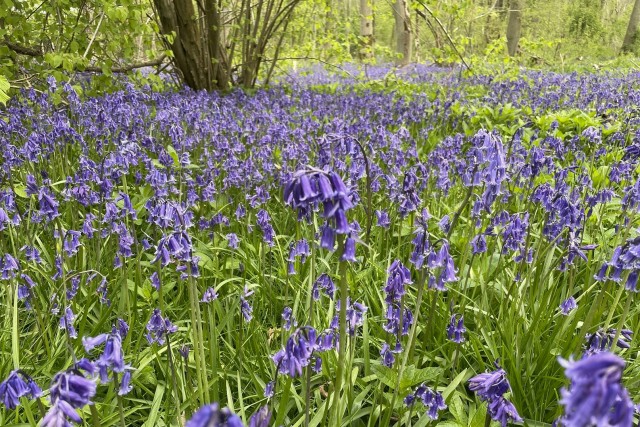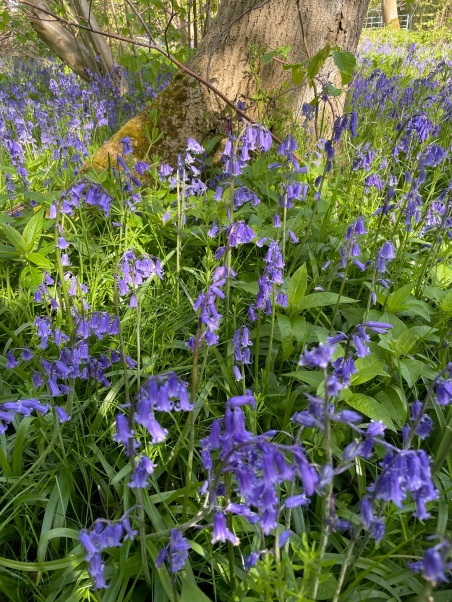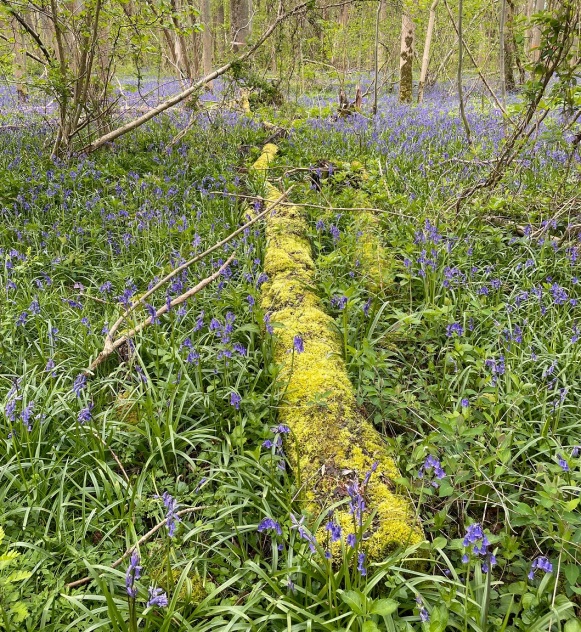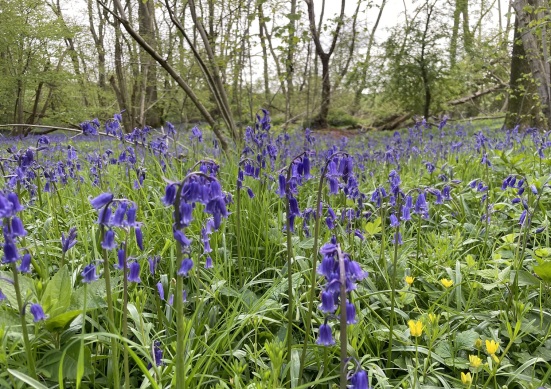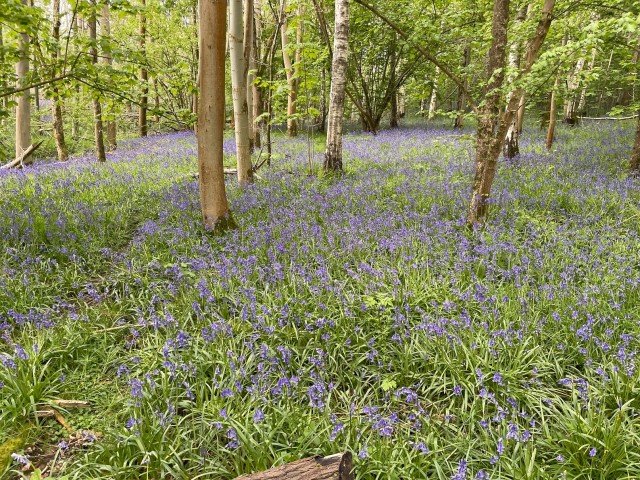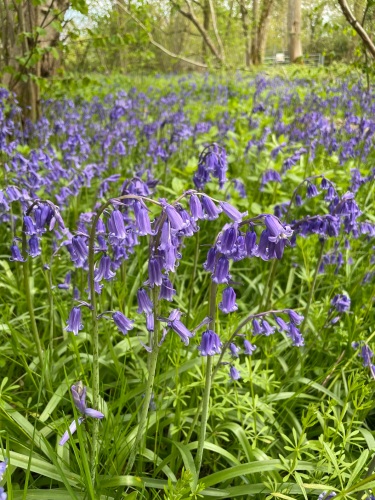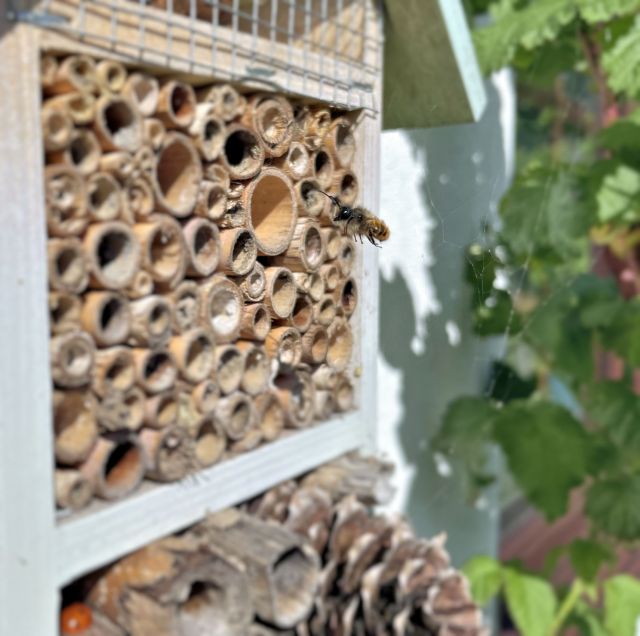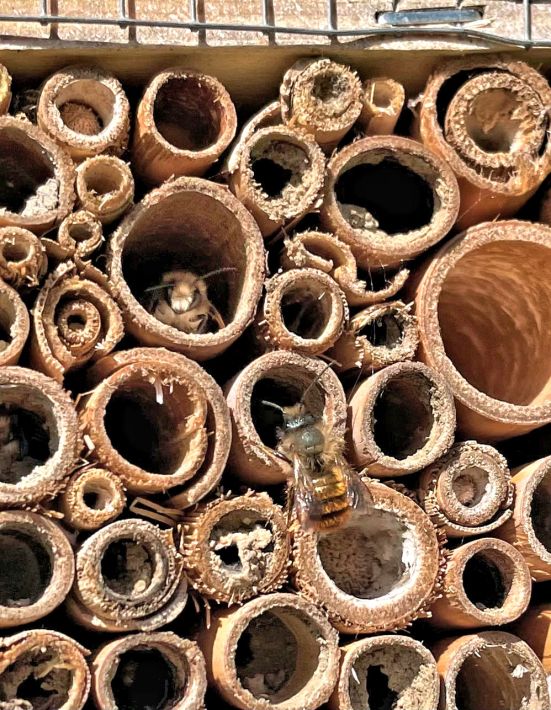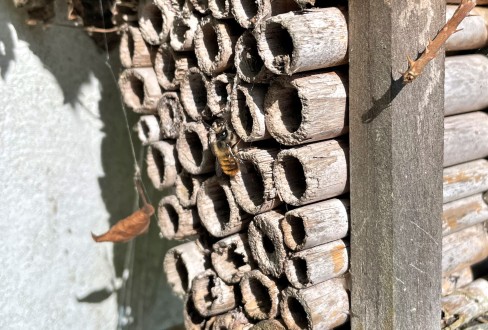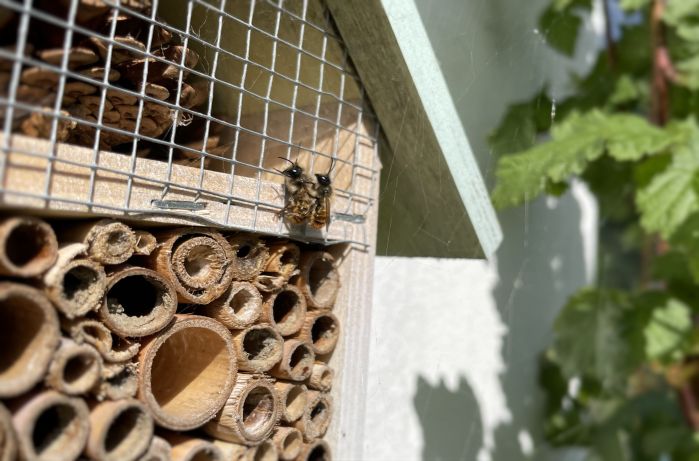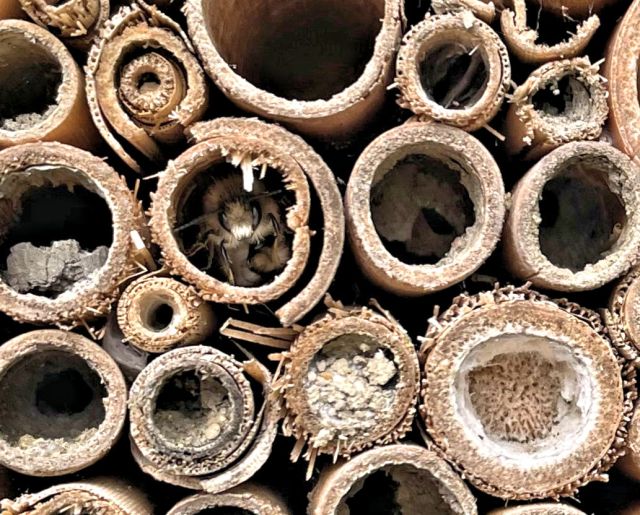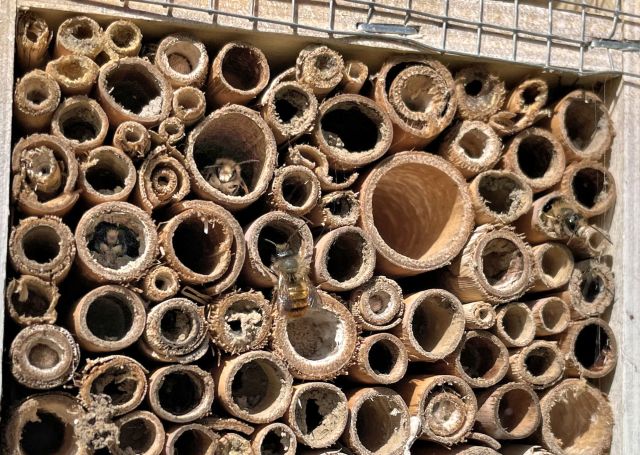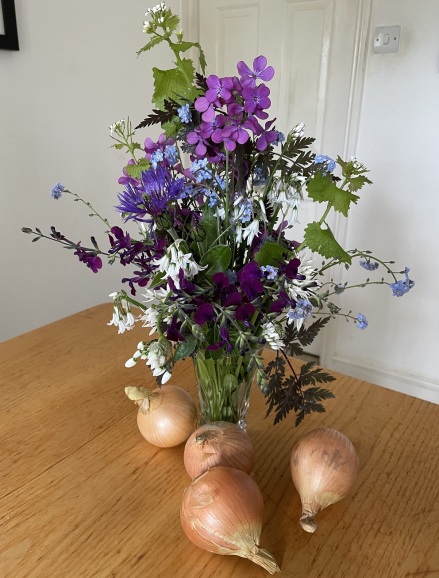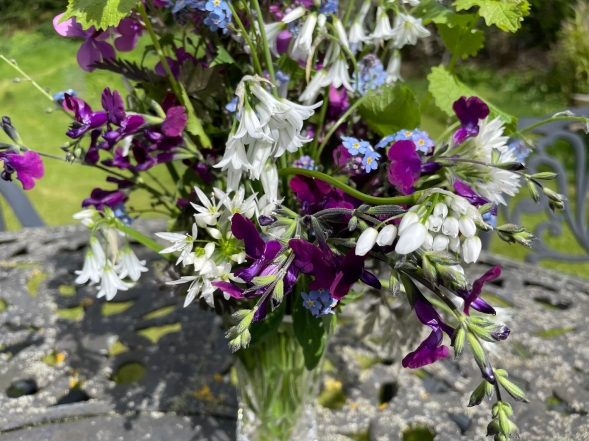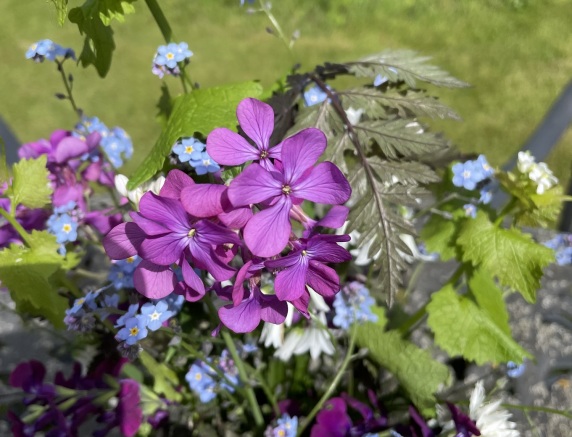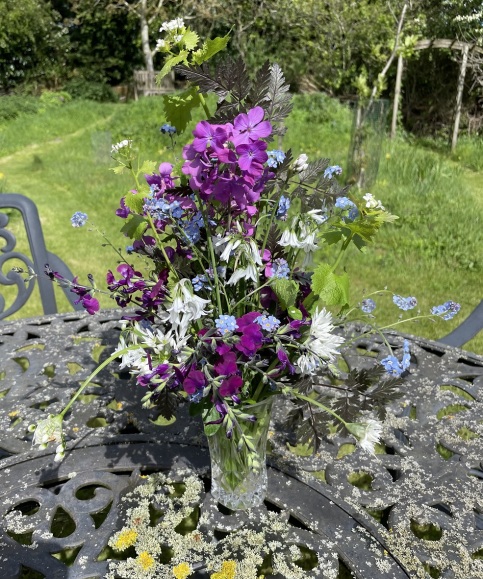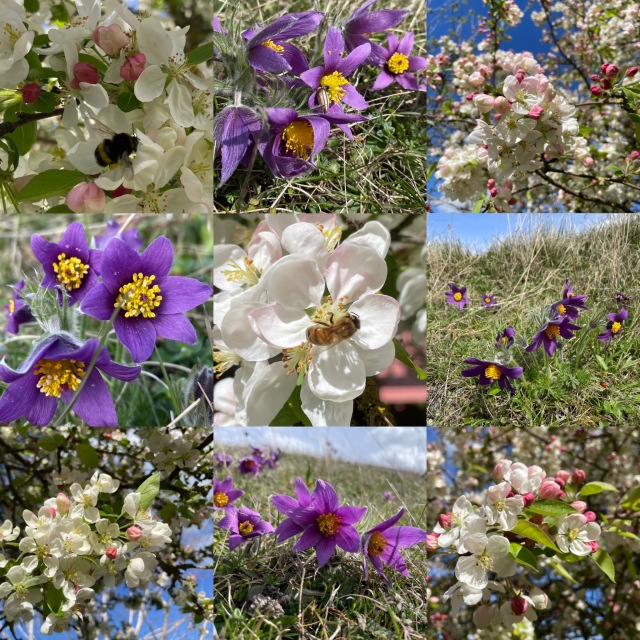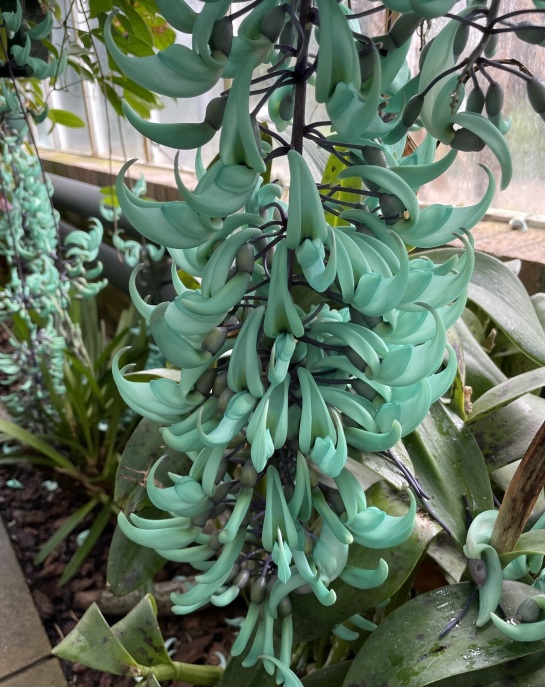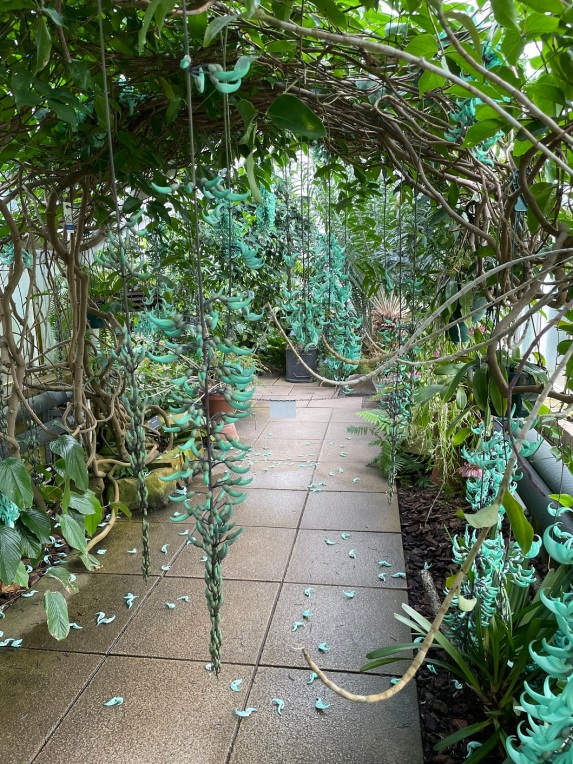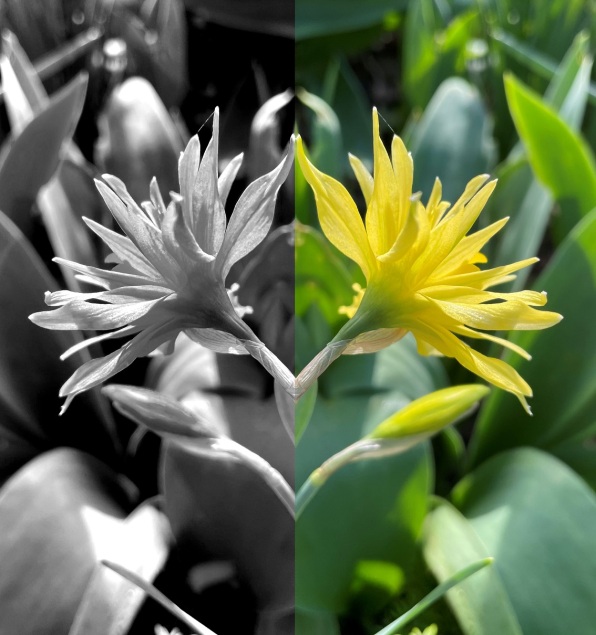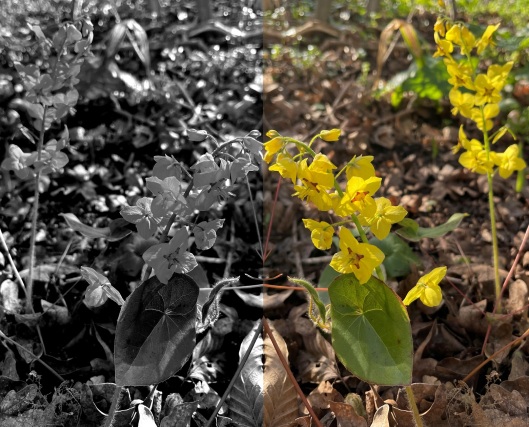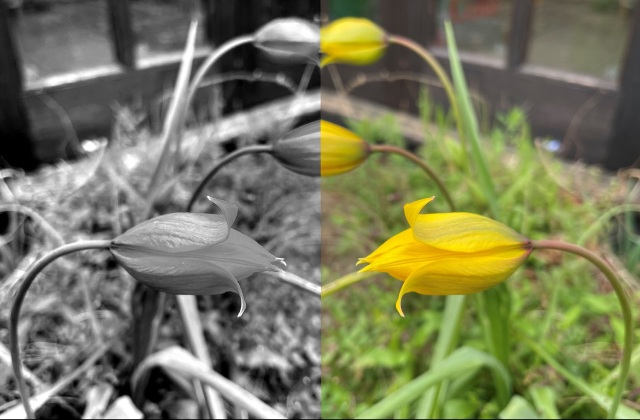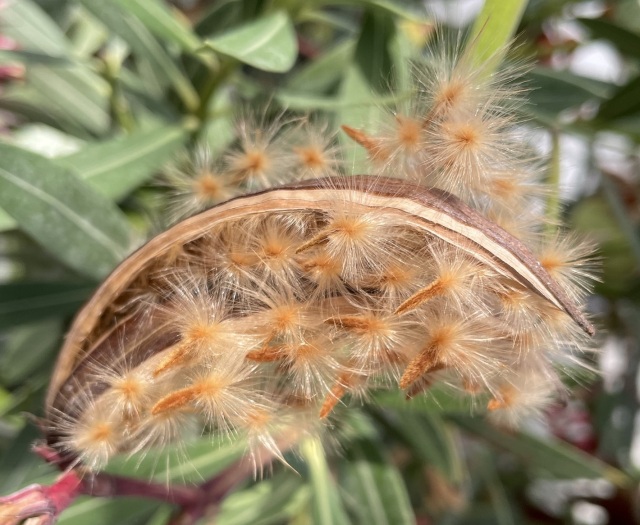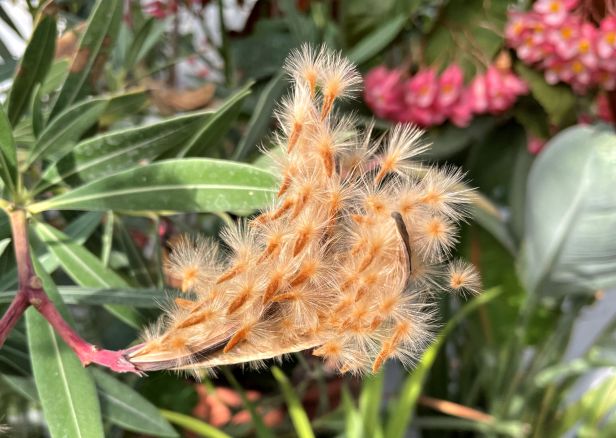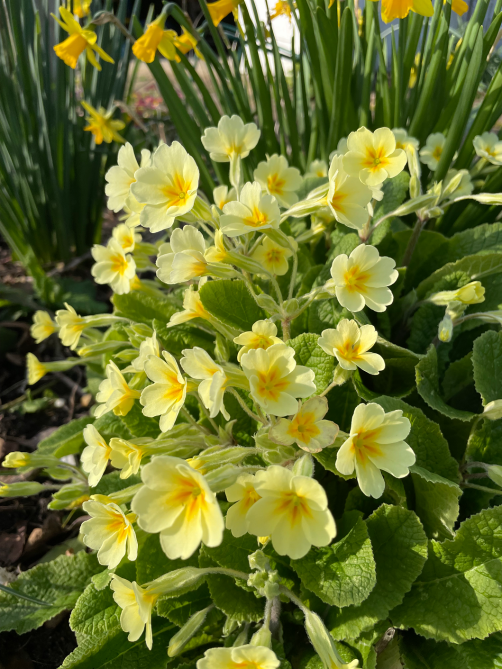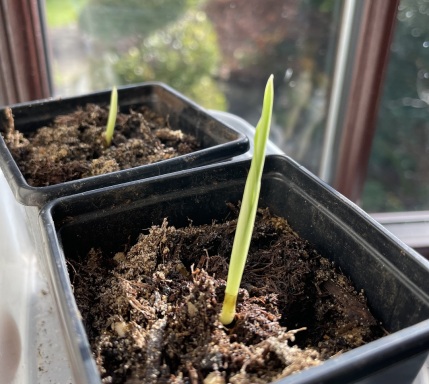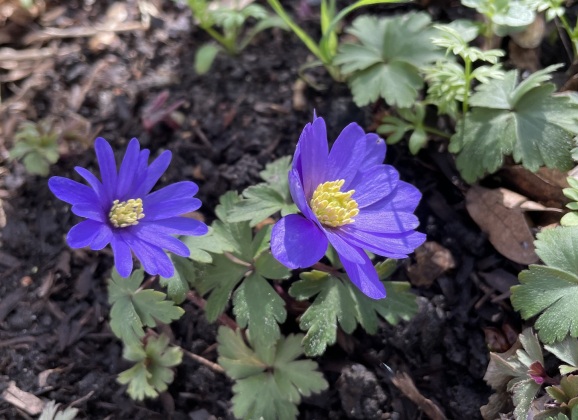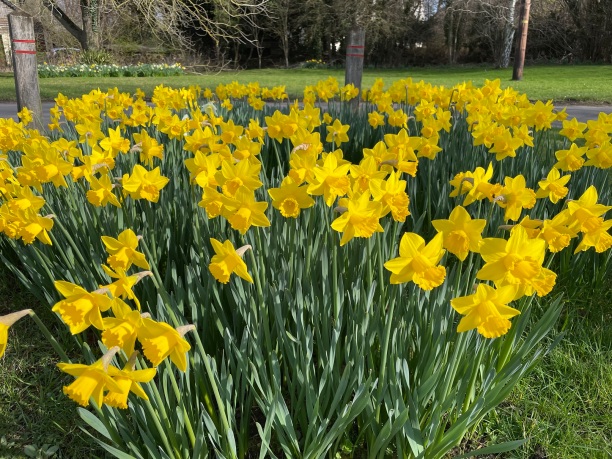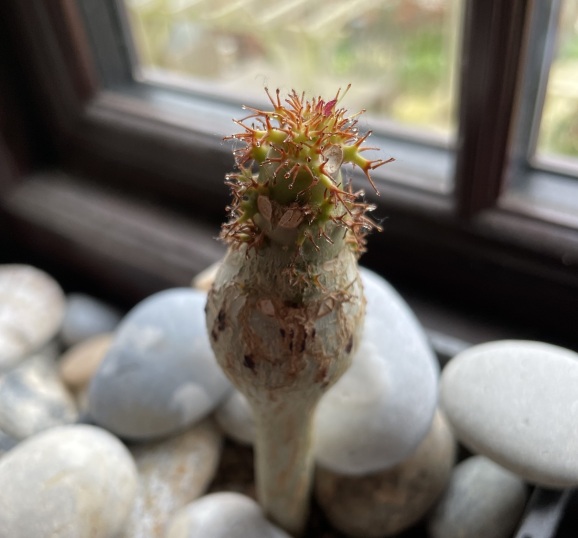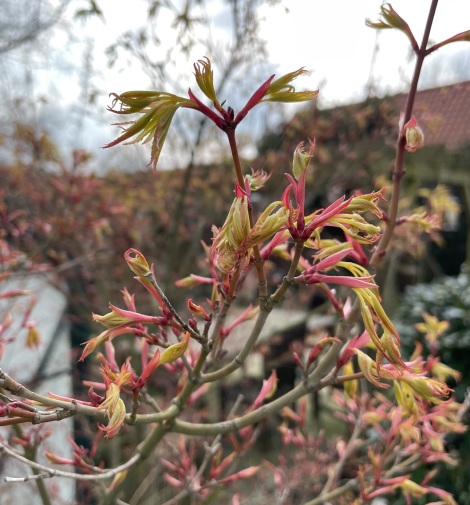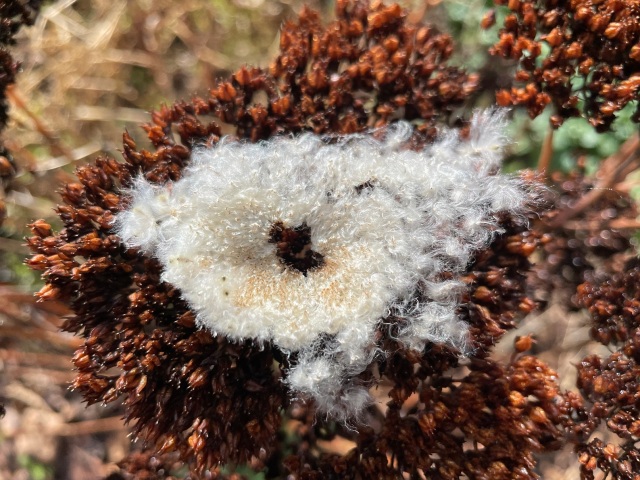OK, so I am probably feeling a disproportionate amount of excitement for the small plant delivery that just arrived, but Royal Mail has just handed me a box containing three unusual fruit bushes ordered from Jurassic Plants (www. jurassicplants.co.uk) a week ago. Six on Saturday seems like the natural place to share my joy at receiving little treasures, so I am treading the well worn path to Jim’s interesting blog (jim@gardenruminations) where Six on Saturday is hosted. Join me (and loads of others) in sharing our plant love around!
1 Unusual fruit bushes from Jurassic Plants
While I was browsing for suppliers of Aronia (black chokeberry) bushes I came across Jurassic Plants … and got sucked down a rabbit hole. It’s really full of interesting plants. For instance, I inadvertently discovered the identification of the strange citrus tree I’d seen growing at Felbrigg Hall last year: It was a Japanese Bitter Orange (Citrus trifoliata), hardy to at least -20C apparently. So that obviously went in my shopping basket. Next in my basket was a Japanese Pepper Tree as I remembered reading about Fred’s success with this shrub. I only bought the one plant so I hope that it will manage to fruit on its own (as the nursery suggests it can), although in theory it is dioecious. My final choice was a Russian Olive (Elaeagnus angustifolia), which should be extremely hardy and hopefully provide dry, but sweet, cherry-sized fruits. JP also included a free blackcurrant plant (Yum!).
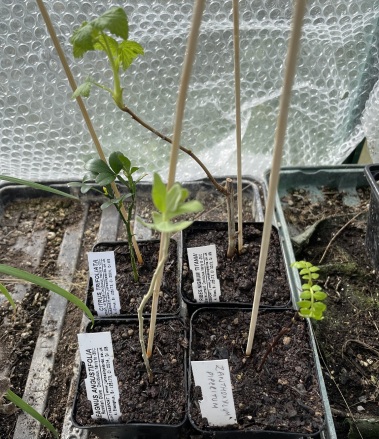
New fruit bushes for the vegetable plot, including: Japanese bitter orange, Russian olive, Japanese pepper and blackcurrant ‘Titiania’
They are all quite small examples at the moment, but I am really looking forward to seeing how they progress through the year.
Whoops, after all that, I forgot to order an aronia shrub … so I’ll have to re-visit 😉
2 Wild tulips (Tulipa sylvestris)
These have to be near the top of my list of favourite tulips. It’s that little flick to the outer petals that I love most, plus the near 90 degree bend at the top of the stem that make the flowers look sentient and curious about the world … And then it’s their fantastic yellow colouring, with the important green flecking (which tones it down to a cheerful, just right, brightness). Sigh!
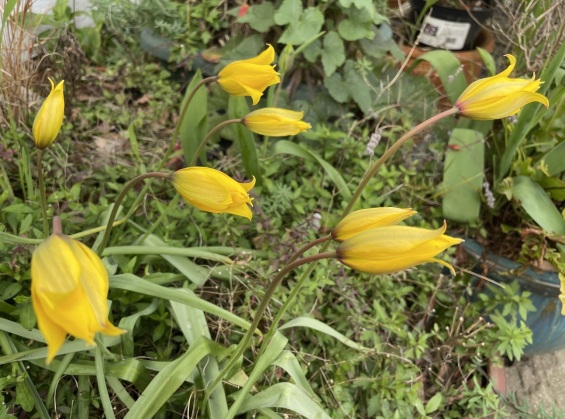
Wild tulips (tulipa sylvestris)
Next year I think I might add some to the meadow patch, so that they can take over the golden show from the wild daffodils and primroses.
3 Snake’s Head Fritillaries
At the moment the Snake’s Head Fritillaries (Fritillaria meleagris) in the aforementioned meadow are looking very cowbell-like. Tomorrow they may very well have be gone, shredded by voracious molluscs. It is what I am seeing happen to a lot of our spring flowers, after such a wet few months.
In the borders I tend to plant Fritillaria meleagris in large clumps to make a bold statement, but I like this more dispersed look in the rough grasses here, where they self-sow:
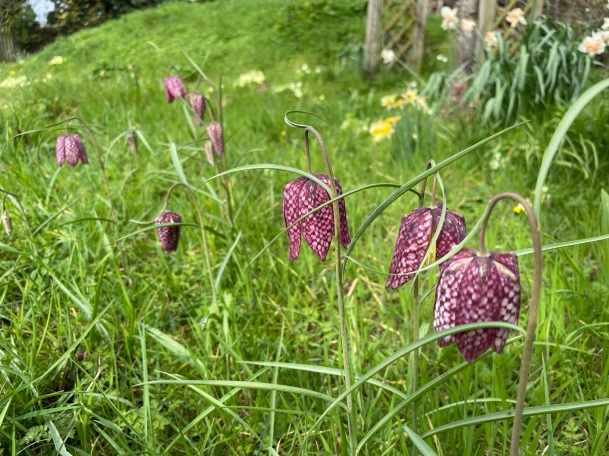
Snake’s Head fritillaries in the meadow patch
4 Narcissus ‘Rip van Winkle’
Although N. ‘Rip van Winkle’ is a double daffodil, it still manages to look light and airy … and a bit punk. Once again it is a yellow flower, toned down by flushes of green along the petal axes. The flowering height is not too tall, so the blooms are able to remain relatively unbattered by spring weather, holding their heads up even after heavy rain.
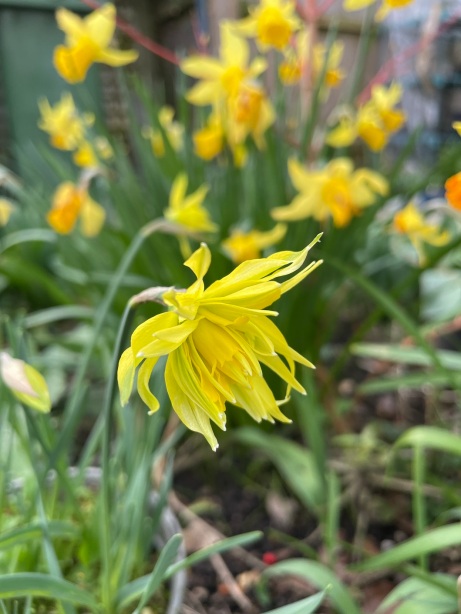
Narcissus ‘Rip van Winkle’
5 Chinese Fringe Flower
My Chinese Fringe Flower (Loropetalum chinensis) or Chinese witch hazel grows in a container that can be moved into our cold greenhouse for over-wintering. The plant is supposed to be hardy to about -5 to -10°C, but I’ve become risk averse after last winter and because when I first saw it, it was growing in the temperate glasshouse at Kew gardens. I grow this lovely cerise version (‘Black Pearl’, shown below) and also a cream/palest primrose yellow one (L. ‘Ruby Snow’). Both have lovely dark leaves which show off the flowers to best advantage. Don’t the lovely round ends to the petals feel a little odd after seeing so many witch hazels recently? Another great thing is that Loropetalum flowers for months.
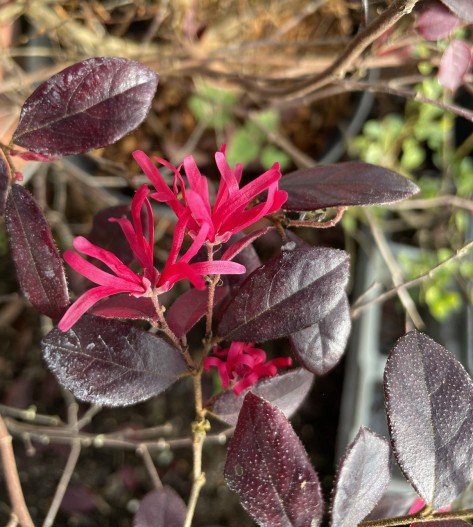
Loropetalum chinensis ‘Black Pearl’
6 Prunus incisa ‘Kojo no mai’
Inspired by so many lovely examples of this flowering cherry in previous SOS sharings, last spring I bought one of my own from Gardening Express. It needed some time to settle down after its travels, so this is the first year flowering in our garden properly:
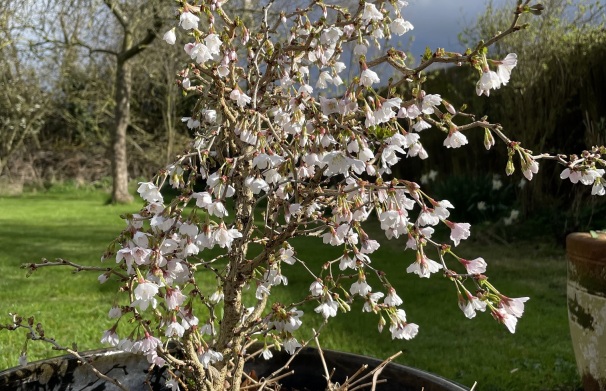
Prunus ‘Kojo no mai’
It may be small, but it is absolutely covered in pretty, blush-pink bells.
That’s my six done! Many thanks once again to Jim for continuing to welcome our posts and shares.
Hope you all have an excellent weekend, even if it is surprisingly chilly and windy!
